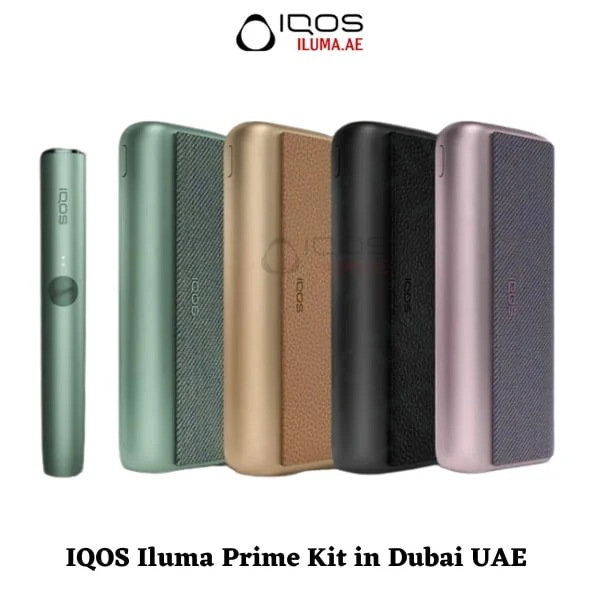In an era of increasing environmental consciousness, consumers are not only looking for products that benefit their well-being but also those that promote sustainability. CBD (Cannabidiol) products have gained popularity not only for their potential health benefits but also for their potential to contribute to a greener and more sustainable future. In this guide, we’ll explore how CBD products can align with sustainability goals and promote a greener approach to wellness.
1. Sustainable Hemp Cultivation:
CBD is primarily derived from hemp plants. Sustainable hemp cultivation practices can significantly reduce the environmental impact of CBD production. Key aspects of sustainable hemp cultivation include:
- Organic Farming: Avoiding synthetic pesticides and fertilizers, organic farming reduces soil and water pollution and promotes biodiversity.
- Regenerative Agriculture: Practices like crop rotation and minimal tillage help improve soil health, sequester carbon, and reduce erosion.
- Water Management: Efficient irrigation and responsible water use reduce the strain on cbd oil side effects local water sources.
- Non-GMO Cultivation: Avoiding genetically modified organisms helps protect natural ecosystems.
2. Eco-Friendly Extraction Methods:
The process of extracting CBD from hemp can be resource-intensive. Sustainable brands invest in eco-friendly extraction methods that minimize energy use and solvent waste. For example, some use CO2 extraction, which is non-toxic and leaves no harmful residues.
3. Eco-Packaging:
Sustainable CBD brands prioritize eco-friendly packaging materials. This includes using recyclable, biodegradable, or reusable packaging options and minimizing plastic use. They also strive to reduce packaging waste through efficient design.
4. Local Sourcing:
Sourcing hemp locally reduces transportation-related carbon emissions and supports local economies. Sustainable CBD companies prioritize working with local farmers and suppliers whenever possible.
5. Transparency and Certifications:
Sustainable CBD brands are transparent about their practices and often seek certifications like USDA Organic or third-party certifications for sustainable and ethical production.
6. Minimal Additives and Fillers:
Quality CBD products contain minimal additives and fillers, focusing on the purest form of CBD. This minimizes the use of unnecessary resources and chemicals.
7. Ethical and Fair Labor Practices:
Sustainability extends beyond environmental practices. Brands committed to sustainability also prioritize fair wages, safe working conditions, and ethical treatment of their employees.
8. Supporting Environmental Causes:
Many CBD companies are actively involved in supporting environmental causes through partnerships, donations, or eco-friendly initiatives. This reinforces their commitment to a greener world.
The Consumer’s Role:
Consumers also play a crucial role in promoting sustainability in the CBD industry:
- Choose Sustainable Brands: Support CBD brands that prioritize sustainability and transparency in their operations.
- Practice Responsible Consumption: Consume CBD responsibly by following recommended dosages to reduce waste.
- Recycle Packaging: Properly recycle or repurpose CBD product packaging to minimize environmental impact.
- Advocate for Change: Advocate for sustainable practices within the CBD industry and encourage brands to prioritize eco-friendly initiatives.
By choosing sustainable CBD products and supporting brands that prioritize eco-friendly practices, consumers can contribute to a greener approach to wellness. CBD products that align with sustainability goals not only promote personal health but also contribute to a healthier planet, fostering a sense of well-being that extends beyond individual wellness.







Leave a Reply